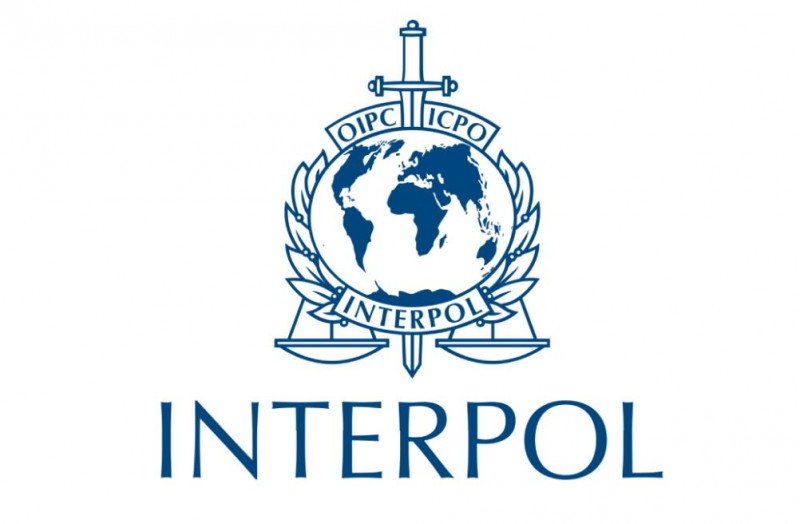
In a world where crime knows no borders, international cooperation becomes paramount to combat transnational criminal activities effectively. The International Criminal Police Organization, commonly known as INTERPOL, serves as a crucial platform for law enforcement agencies worldwide to collaborate and exchange essential information to combat global crime. This article delves into the history, mission, objectives, and mechanisms of INTERPOL, highlighting its role in enhancing international police cooperation.
Understanding INTERPOL: A Brief History
INTERPOL traces its origins back to 1914 when police representatives from 24 countries convened in Monaco to discuss ways to combat international crime. It officially became INTERPOL in 1956, and since then, it has grown into a global organization with the involvement of numerous member countries.
INTERPOL's Mission and Objectives
The primary mission of INTERPOL is to facilitate international police cooperation to combat various forms of crime effectively. Its key objectives include fostering mutual assistance between law enforcement agencies, promoting the exchange of information and best practices, and coordinating joint operations to apprehend criminals on an international scale.
How INTERPOL Works: Key Mechanisms and Structures
INTERPOL operates through various mechanisms and structures that allow seamless cooperation between member countries.
4.1 General Secretariat
The General Secretariat serves as the heart of INTERPOL, located in Lyon, France. It acts as the organization's main coordination and communication hub, providing a centralized platform for information exchange.
4.2 National Central Bureaus (NCBs)
Each member country maintains a National Central Bureau that acts as a liaison between their national law enforcement agencies and INTERPOL. These bureaus play a crucial role in facilitating information sharing and coordinating international police operations.
4.3 Regional Bureaus
INTERPOL has seven regional offices worldwide, enhancing the organization's presence and effectiveness in different regions. These regional bureaus focus on specific regional challenges and support member countries accordingly.
4.4 Specialized Units
INTERPOL has established specialized units that focus on specific types of crime, such as human trafficking, cybercrime, drug trafficking, and terrorism. These units bring together experts from different countries to collaborate on investigations and share intelligence.
INTERPOL's Role in Fighting Transnational Crime
INTERPOL plays a vital role in addressing a wide range of transnational criminal activities.
5.1 Combating Terrorism
Terrorism poses a significant threat to global security, and INTERPOL actively cooperates with member countries to identify, track, and apprehend terrorists involved in cross-border activities.
5.2 Countering Human Trafficking
Human trafficking is a heinous crime that exploits vulnerable individuals, and INTERPOL works diligently to dismantle human trafficking networks and rescue victims.
5.3 Addressing Cybercrime
As technology advances, so does the risk of cybercrime. INTERPOL's specialized unit on cybercrime collaborates with member countries to investigate and prevent cyber-related criminal activities.
5.4 Tackling Drug Trafficking
INTERPOL assists member countries in combating drug trafficking by providing intelligence and coordinating efforts to disrupt drug smuggling networks.
5.5 Combating Corruption
Corruption undermines the rule of law and hampers development. INTERPOL works to combat corruption and ensure that law enforcement agencies maintain high ethical standards.
Strengthening International Cooperation
Enhancing international cooperation is at the core of INTERPOL's mission.
6.1 Collaborations with United Nations
INTERPOL collaborates closely with the United Nations and its various agencies to address global challenges, such as terrorism and organized crime.
6.2 Partnerships with Other International Organizations
INTERPOL actively seeks partnerships with other international organizations, including regional law enforcement agencies, to create a network of shared intelligence and resources.
6.3 Cooperation with Private Sector
Recognizing the significance of the private sector in today's globalized world, INTERPOL engages with private entities to tackle issues like cyber threats and financial crime.
Challenges Faced by INTERPOL
As with any large international organization, INTERPOL faces several challenges.
7.1 Political Influence and Neutrality
Maintaining neutrality and independence in the face of political pressure from member countries can be a delicate balancing act for INTERPOL.
7.2 Balancing Sovereignty and International Cooperation
Respecting the sovereignty of member countries while fostering international cooperation requires careful navigation.
7.3 Data Privacy and Security Concerns
As information is shared across borders, ensuring data privacy and security becomes a critical concern for INTERPOL.
INTERPOL's Approach to Human Rights
INTERPOL is committed to upholding human rights principles in its operations.
8.1 Respecting Human Rights Principles
INTERPOL ensures that its activities align with international human rights standards and safeguards individual rights and freedoms.
8.2 Handling Red Notices and Diffusions
Red Notices and Diffusions issued by INTERPOL are powerful tools for international cooperation, and the organization handles them with utmost care to prevent abuse.
High-Profile Cases and Success Stories
Over the years, INTERPOL has been involved in several high-profile cases, leading to successful apprehensions of criminals across borders.
Future Outlook: Utilizing Technology and Innovation
To stay ahead in the ever-evolving landscape of crime, INTERPOL embraces technology and innovation to enhance its capabilities.
INTERPOL's role in enhancing international police cooperation cannot be overstated. Through its extensive network and mechanisms, it facilitates vital collaborations that transcend borders, enabling law enforcement agencies to combat transnational crime effectively. As crime continues to evolve, INTERPOL's commitment to innovation and human rights will remain central to its mission of creating a safer world.
European Union (EU): Fostering Economic Integration and Cooperation among European Nations
World Intellectual Property Organization (WIPO): Protecting Intellectual Property Rights Globally
World Trade Organization (WTO): Facilitating International Trade and Resolving Trade Disputes